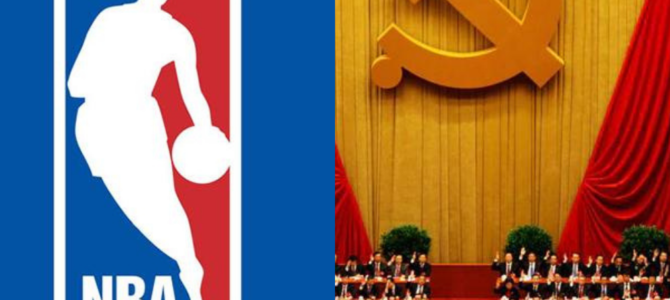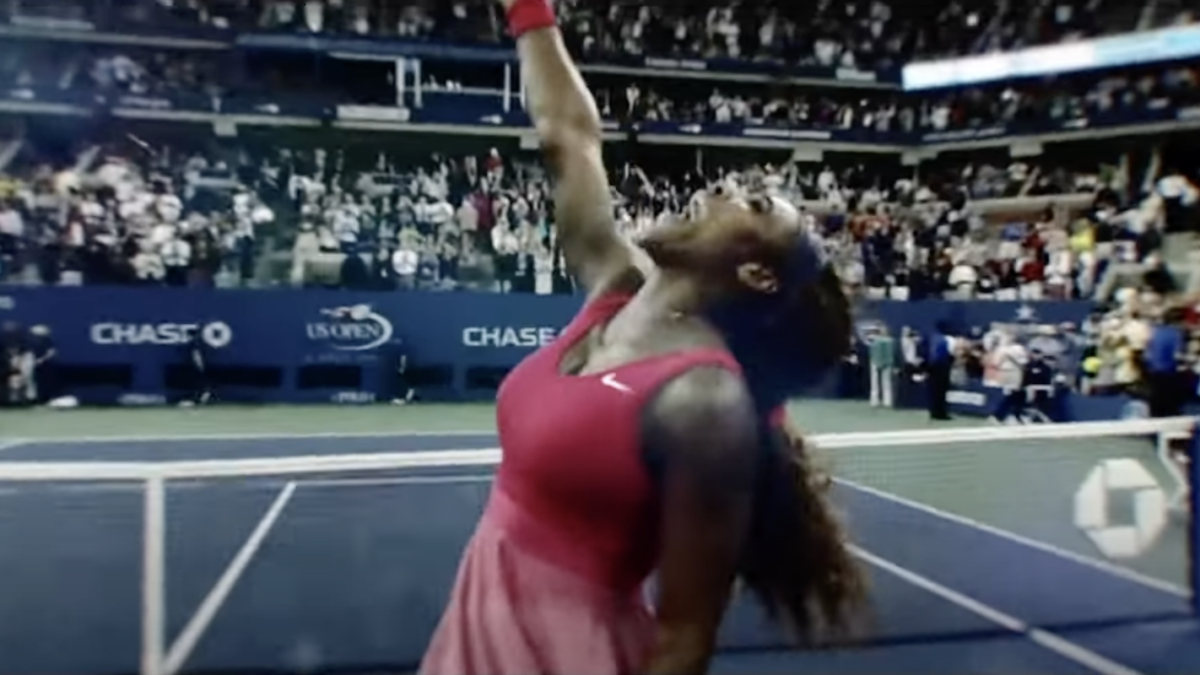The National Basketball Association contracts for sneakers with a multinational sports equipment corporation in Communist China that obtains cotton from the same region Uyghur Muslims are being held in forced labor camps, as reported by The Washington Free Beacon.
Anta Sports, which sources its cotton from Xinjiang, makes two sneakers that the NBA sells online. The company, which is the largest sports brand in China, notably makes Golden State Warriors guard Klay Thompson’s “Klaytheism” sneakers. The shoe retails up to $119.99. Anta Sports announced in March that it has “always bought and used cotton produced in China, including Xinjiang cotton” and “will continue to do so.”
BBC published a report in December that discussed China’s “re-education” camps located in Xinjiang. The report said more than 500,000 minorities, including thousands of Uyghur Muslims, are being forced to pick cotton in dire conditions.
In May 2019, the Pentagon estimated as many as 3 million people have been held since late 2018. The region produces 85 percent of China’s cotton and 20 percent of the world’s. Reports show prisoners subjected to rape, forced sterilization, torture, indoctrination, and even possible genocide. The camps were initiated in 2015 under General Secretary Xi Jinping to usher in a “national ideology.”
Other NBA players have worn shoes made by the Chinese brand. Forward Gordon Hayward on the Charlotte Hornets and Los Angeles Clippers guard Rajon Rondo have sneaker deals through Anta Sports.
The Trump administration imposed sanctions in July 2020 on 11 Chinese companies from being able to buy U.S. technology without a license. The companies impacted by the sanctions included Apple, Ralph Lauren, Google, HP, and others. The NBA did not respond to a request for comment.
NBA Commissioner Adam Silver told Time Magazine last week the league intends to maintain a strong relationship with China.
“We think exporting NBA basketball to China and to virtually every country in the world continues to fit within our mission,” Silver said, “I do think that in order to bring about realistic change, we have to build relationships.”









